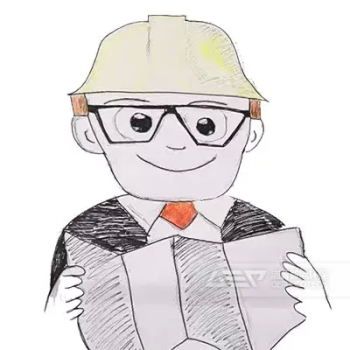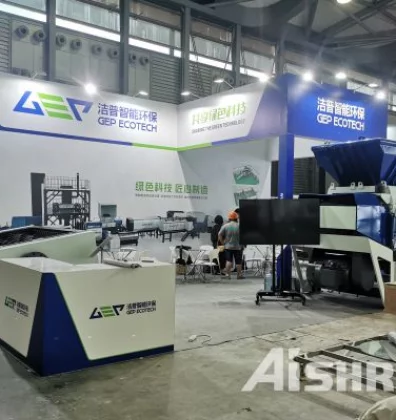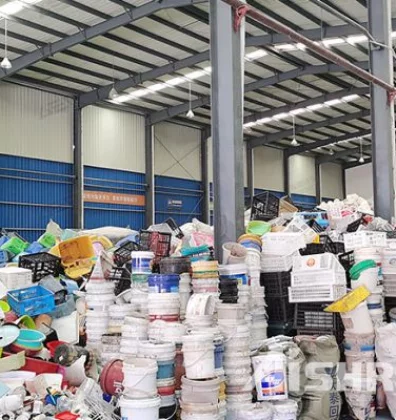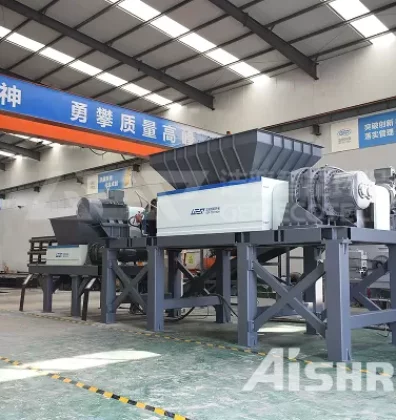In the quest for sustainability and reduced environmental impact in cement production, Alternative Fuel and Raw Materials (AFR) play a pivotal role. AFR refers to the use of non-conventional materials as a substitute for traditional fuels and raw materials in cement manufacturing. These materials typically include various types of waste, such as industrial by-products, biomass, or non-recyclable materials, which would otherwise end up in landfills. The integration of AFR in cement kilns not only helps in managing waste effectively but also significantly reduces the reliance on fossil fuels, leading to lower carbon emissions. The utilization of AFR is a complex process, involving careful sourcing, processing, and compatibility assessment with existing cement production technology, all aimed at maintaining the quality of the cement while ensuring environmental compliance.
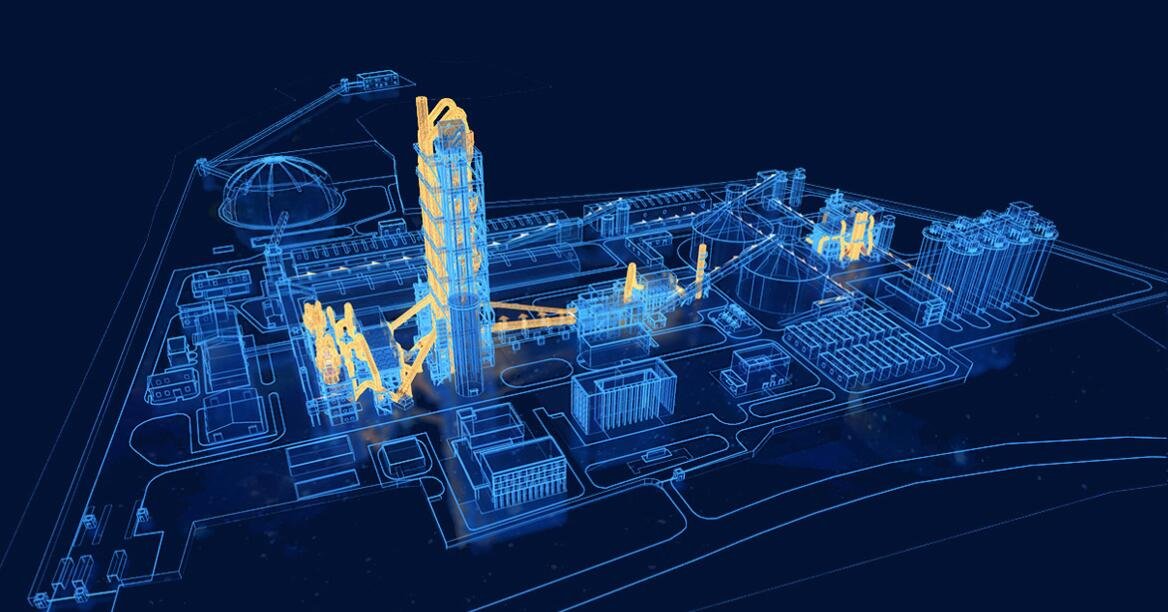
- Fuel may vary from Liquid, Semi-solid or Solid from Biomass, Paint sludge, MSW, Tyre chips, Pharmaceutical wastes, etc., which have sufficient heat value.
- AFR used in the Cement industry serves both purposes of saving fossil fuel and proper disposal of waste, thus benefiting society.
- AFR feeding in kiln or calciner is on the rise in cement plants, and specialized equipment/solutions are the need of the hour.
The transformation of waste into viable Alternative Fuel and Raw Materials (AFR) for cement kilns is a critical process, primarily involving preprocessing steps. These steps are designed to convert diverse waste materials into a form that is suitable for use in cement production, ensuring both efficiency and environmental compliance.
- Shredding: The preprocessing journey begins with shredding, where waste materials are broken down into smaller, more manageable sizes. This is crucial for homogenizing the material and facilitating further processing. Shredding also aids in the efficient combustion of the material once fed into the cement kiln.
- Segregation: Following shredding, the next critical step is segregation. Here, materials are sorted based on their properties and usability as AFR. This segregation can be based on material type (organic, inorganic), calorific value, or moisture content. The objective is to separate usable AFR material from non-usable waste, ensuring that only suitable material is forwarded for further processing.
- Homogenizing: This is an optional step, but the main purpose is to mix the materials evenly to achieve the best results. Some other materials, such as sludge, may also be added to the solid AFR, and they can be thoroughly mixed by stirring.
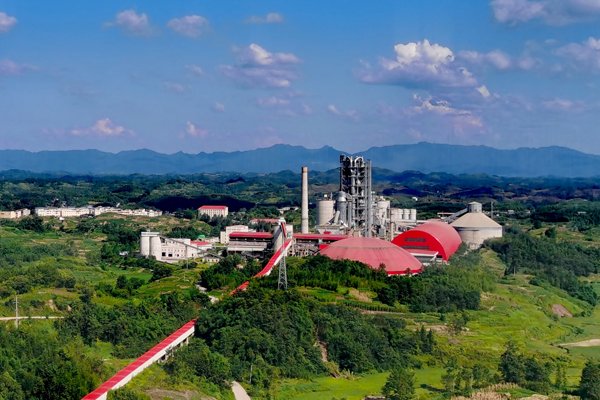
Selecting the Right Equipment for AFR Processing
The success of incorporating Alternative Fuel and Raw Materials (AFR) in cement production largely hinges on choosing the right equipment. This selection is a critical decision that must be informed by several key factors, ensuring not only the current effectiveness but also the long-term sustainability of the cement kiln operations.
- Assessing Raw Material Characteristics: The first step in equipment selection is a thorough assessment of the raw materials' characteristics. This includes understanding their physical properties (such as size, moisture content, and density), chemical composition, and calorific value. The equipment chosen must be capable of handling the specific types of waste materials intended for conversion into AFR, ensuring efficient processing and compatibility.
- Aligning with Cement Kiln Technical Specifications: The compatibility of the equipment with the technical specifications of the cement kiln is paramount. Factors such as the kiln's capacity, temperature profile, and combustion efficiency must be considered. The chosen equipment should enhance the kiln's performance, ensuring that the AFR is used optimally without compromising the quality of the cement produced.
- Considering Future Scalability and Flexibility: With the evolving nature of AFR technology and changing waste material compositions, the equipment selected should not only meet current needs but also offer flexibility and scalability for future requirements. This foresight ensures that the investment remains relevant and adaptable to potential changes in AFR composition or increased throughput.
- Emphasizing Stability and Longevity: Given that cement kilns are designed to operate for many years, the stability and longevity of the AFR processing equipment are crucial. Equipment that requires frequent maintenance or replacement can lead to operational disruptions and increased costs. Therefore, selecting robust and reliable equipment that can withstand continuous use over extended periods is essential.
- Integrating with Environmental Compliance: Lastly, the equipment must support the plant's compliance with environmental regulations. This includes efficient emission control, waste handling, and energy consumption. The right equipment should not only aid in meeting current environmental standards but also be adaptable to future regulatory changes.
In summary, selecting the right equipment for AFR processing is a multifaceted decision that requires a careful balance between material characteristics, technical compatibility with the cement kiln, future scalability, operational stability, and environmental compliance. This strategic selection is fundamental to ensuring the long-term, sustainable integration of AFR in cement production processes.
GEP ECOTECH provides custom AFR (Alternative Fuel and Raw Materials) production solutions specifically designed for the cement industry, utilizing state-of-the-art German engineering to ensure environmental sustainability and economic efficiency. Our approach is tailored to meet the unique demands of each client, with a focus on integrating advanced processing technologies that optimize waste material handling, shredding, and separation.
Our team of experts brings a wealth of technical expertise to each project, backed by robust R&D and a commitment to compliance with the strictest environmental regulations. This dedication to innovation and quality positions GEP ECOTECH as a trusted partner in the global cement industry, offering not just cutting-edge solutions but also comprehensive after-sales support to ensure long-term operational success.

